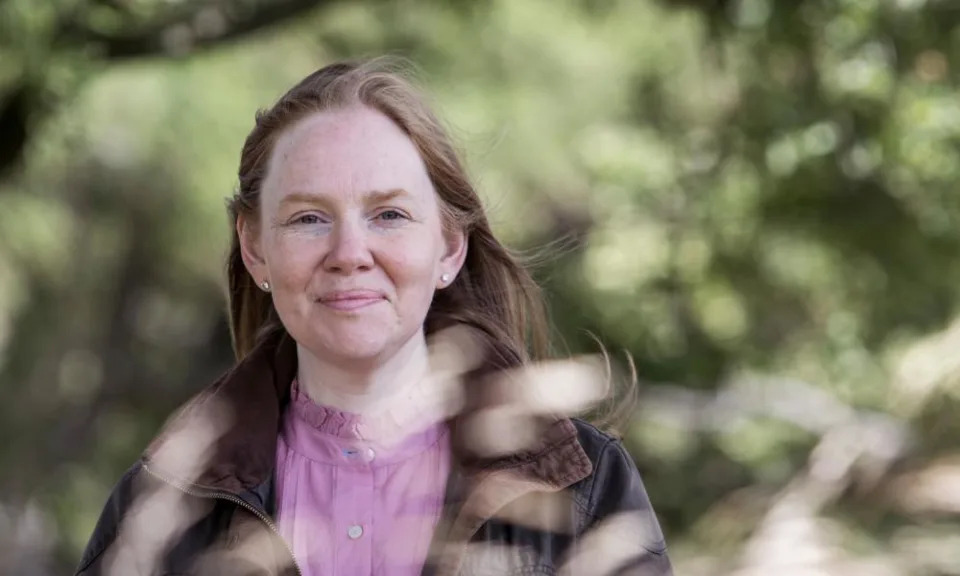Editor OilPrice.com
Sat, August 26, 2023
Oil, Gas Companies Still Spending Less than Needed on New SupplyFailure to Invest: Oil & Gas Companies Still Underspending on New SupplyOil Industry is in Upcycle and Spending More, but Not EnoughOil Industry Not Spending Enough to Balance Supply & Demand
After years of warnings of failure to invest in enough new exploration, the industry has begun spending more. Yet, it would still be less than is necessary to secure enough supply to respond to demand.
That’s the take of Wood Mackenzie analysts, at least, who recently reported that the oil and gas industry is currently in the third year of an upcycle, with this year’s investments in new production at $490 billion. This would be significantly higher than the low reached in 2020, which stood at $370 billion.
Even though spending on its own is not enough to secure supply, the Wood Mac analysts noted in an interview for the firm that cost reductions will make up for the difference. They note the rise of U.S. shale and other non-OPEC sources, and forecast non-OPEC producers to maintain a constant market share in the coming years.
Indeed, this chimes in with what U.S. oil industry executives reported during the latest financial reporting season. What the said, basically, was that wells were yielding more oil than expected, boosting total production. The reason wells were yielding more: technological improvements.
Argus reported earlier this month, citing Pioneer Natural Resources, that well productivity since the start of the year has been trending significantly higher than the average for 2022. At the same time, however, Bloomberg recently cited research from Enverus suggesting that shale wells were draining faster than previously assumed, with few untapped reservoirs left as the shale patch gets mature.
Besides U.S. oil, there is also Canada, Mexico, Brazil, and smaller producers such as Guyana. These have contributed significantly to global supply, but OPEC remains the biggest fish in the oil pond because of its common supply control policies.
What’s more, with the expansion of the BRICS bloc, we get another grouping of some of the largest producers in the world, partly overlapping with OPEC but also including Brazil and Argentina.
Groupings aside, global investments in new oil and gas supplied are well and truly on a rise despite the transition push. Goldman Sachs reported last month that there were currently 70 large-scale oil and gas projects under development globally right now. That was up by a substantial 25% from 2020, although 2020 could hardly be seen as a normal year for investment decision-making in any industry except perhaps IT.
Per the investment bank, the seven-year-long underinvestment period led to a sharp decline in the resource life of future projects as well as the life of already producing fields. With a rebound in investment, this may yet change. Wood Mac, on the other hand, warns of peak demand and a fundamental change in the oil and gas industry driven by the prospect of that.
According to upstream analysts Fraser McKay and Ian Thom, the current cycle will not end with a bust as all previous cycles in the industry did. The reason: the prospect of peak oil demand caused by the transition to non-hydrocarbon energy sources. This prospect, they argued, would keep oil and gas producers on their toes and maintain their financial discipline over the longer term.
Still, despite the prospect of peak demand, even Wood Mac analysts are worried about the lack of a spare production capacity cushion, which could be viewed as a side effect of this newly found discipline with spending and focus on efficiency while adjusting to a world in transition.
“We expect companies to go for margin rather than market share; and upstream supply chain capacity to creep rather than leap, which has been the traditional response in an upcycle,” McKay and Thom said, adding “That restraint could lead to a tighter supply chain than the industry has been used to.”
While peak demand for oil is something that a lot of forecasters talk about and even call for openly, for now it remains on the horizon while actual demand for oil breaks record after record. Even the International Energy Agency, a vocal transition advocate and peak oil demand forecaster said that over the short-term demand is going to grow, hitting a record of over 102 million barrels daily this year.
This makes the global balance between supply and demand perhaps a bit more precarious than the Wood Mac analysis suggests. While it’s true that technological gains have played an important role in keeping production high while reducing costs, U.S. shale drillers have steered clear of their previous setting of “growth at all costs”.
Meanwhile, OPEC is keeping a lid on output with the novel option for individual members—Saudi Arabia—to cut additional volumes whenever they decide to, in order to push prices higher. And OPEC, in a sense, grew with the BRICS expansion.
The oil and gas industry is spending more on new production despite the transition push. This means expectations are that peak oil demand is a relatively distant prospect. It might even become more distant if the transition begins to show signs of exhaustion amid substantial cost inflation and the risks of raw material shortages.
By Irina Slav for Oilprice.com

















